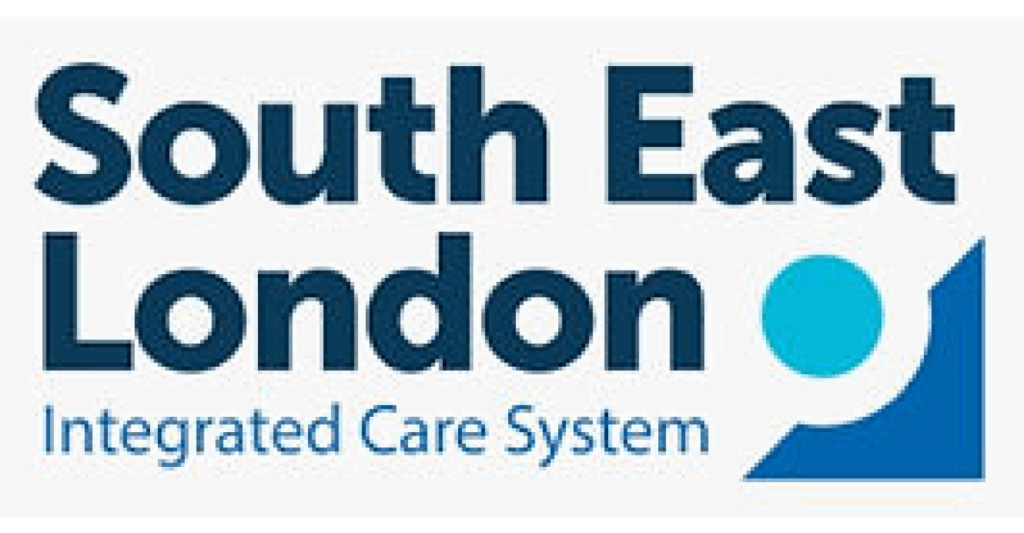Fabricated Induced Illness (FII) and Perplexing Presentations (PP)
The South East London Integrated Care Systems (SEL ICS) has agreed guidance for suspected Fabricated Induced Illness (FII) and Perplexing Presentations (PP). This multi-agency guidance is applicable to all frontline staff working with children, young people, and their families.
The guidance is written to support multi-agency frontline practitioners to make appropriate decisions on how to safeguard children who present with perplexing presentations (PP) and Fabricated Induced Illness (FII), and advise practitioners on how to recognise these issues, how to assess risk and how to manage these types of presentations to obtain better outcomes for children.
These type of cases require expert input from a range of disciplines, in particular paediatricians. It is essential that all professionals who come into contact with children whose signs and symptoms may be being induced or fabricated are aware that this form of abuse exists and know what to do and who to speak to within their own organisation and how to make a referral to Children’s Social Care.
Professionals working across health, social care, education, schools, the police and community and voluntary organisations should be aware of the possible ways in which illness can be induced or fabricated. Use the guidance below to aid your decision making.
Support and Resources

New guidance briefing from RCPCH

Government guidance

